A global production language
Image caption: Hartmut Rauen, Deputy Executive Director, VDMA.
The publication of a new ‘OPC UA for Machinery’ specification moves the manufacturing industry closer to the goal of a global ‘production language’ for machine tools.
"After many years of OPC UA standardisation work, the publication of ‘OPC UA for Machinery’ brings us an important step closer to our goal of creating a 'global production language'," said Hartmut Rauen, Deputy Executive Director, VDMA (German machine tool builders’ association).
This specification, listed as VDMA standard sheet 40001-1 (also issued by the OPC Foundation), is the first to be developed on a joint and cross-sector basis by working groups from different technologies and industries.
Dr. Wilfried Schäfer, Executive Director of the VDW, added: "The VDW has also published the OPC UA Specification for Machine Tools. This is the first mechanical engineering specification ever to fully integrate the Specification for Machinery and impressively offers the benefits of this joint project to both machine manufacturers and customers."
The OPC UA Specification for Machinery - Part 1 contains basic modules for the machine interface which are crucial for the entire machine and plant engineering sector. These basic modules can be used individually as required, with each of them representing one or more use cases.
Part 1 contains machine identification as a use case, including information on the manufacturer, serial number and type designation. It all began with the comparison of several specifications that had already been published and were now being processed. This allowed Part 1 to be completed relatively quickly. On 25 September 2020 it became available for download, free of charge, from https://opcua.vdma.org/catalog-detail/-/catalog/3803
The OPC UA Specification for Machinery represents the first step towards achieving overall harmonisation of numerous established activities in mechanical and plant engineering. Around 35 working groups are working on this in the VDMA alone.
The importance of these harmonisation activities was recognised by the BMWi and is supported within the framework of the II4IP project. This promotes the development and dissemination of cross-industry OPC UA standards. There are also plans for extensive knowledge transfer to increase interoperability within production. The project results therefore form a central component of Industry 4.0, both at the national and international level.
The first version of the OPC UA for Machine Tools was simultaneously released on 25 September this year under number 40501-1 (download from https://opcua.vdma.org/catalog-detail/-/catalog/3914 ).
"It represents a major milestone for the machine tool industry. The release meant that we met the deadline which we set ourselves at EMO Hannover 2019. As a result, our members can now launch products with communication based on OPC UA as an open interface," said Wilfried Schäfer. It also means that the machine tools at the core of industrial production now have their own OPC UA standard https://opcua.vdma.org/catalog-detail/-/catalog/3914 .
Above all, this provides standardised information for status monitoring, such as operating status, machined workpieces, tools used and information for calculating KPIs. The VDW-led working group was also involved in shaping the OPC UA for Machinery.
"It made obvious sense to synchronise publication of the two specifications," explained Götz Görisch, head of the VDW working group. Based on the modular concept that distinguishes OPC UA as a communication standard, OPC UA for Machine Tools is the first specification that fully references the OPC UA for Machinery guidelines for the purpose of machine identification.
However, publication of these two standards was just the first step. Their functionality has also been extensively tested and proved by being integrated into real machines. This was enabled by the umati demonstrator.
Umati (universal machine technology interface) serves as a user community for the dissemination and establishment of OPC UA standards, up to and including genuine plug and play deployment in mechanical and plant engineering. The initiative has been jointly supported by the VDMA and VDW since April 2020. A special environment has been created for trade fair demonstrations with the intention of communicating and highlighting the added value offered by open data interfaces to users. This consists of the umati data hub as an infrastructure for connecting machines, and a front-end, or dashboard, the umati app.
The OPC UA for Machine Tools was tested in two "plug-fests" before being released.
"This proved that the umati infrastructure offers added value beyond simple trade fair demonstrations, and that we can now also make it available to our partners for development and testing," explained Dr. Alexander Broos, VDW project manager for umati.
"These milestones do not, however, mean that we can now sit back and relax," agreed Hartmut Rauen and Wilfried Schäfer. There are still many aspects which need to be standardised and refined to establish OPC UA as the global production language and umati as a community for its application.
“It is important to keep a close eye on the far-reaching interoperability requirements throughout production if we wish to see advances in harmonisation,” added the VDW.
The general public will be invited to take part in the study from 1 November 2020 at www.opcua.vdma.org On 10 November 2020, the VDMA will launch a new immersive avatar-based online event format for OPC UA Companion Specifications, including their development, content and usage scenarios. Experts will use several slots to present the OPC UA standards for mechanical engineering and various sub-sectors. Questions will be addressed and there will be ample opportunity for networking. See https://opcua.vdma.org/en/viewer/-/v2article/render/51438024
There are also plans for a web-based umati event in November. Customers all over the world will be able to follow when the participating companies link up their machines live. See www.umati.org




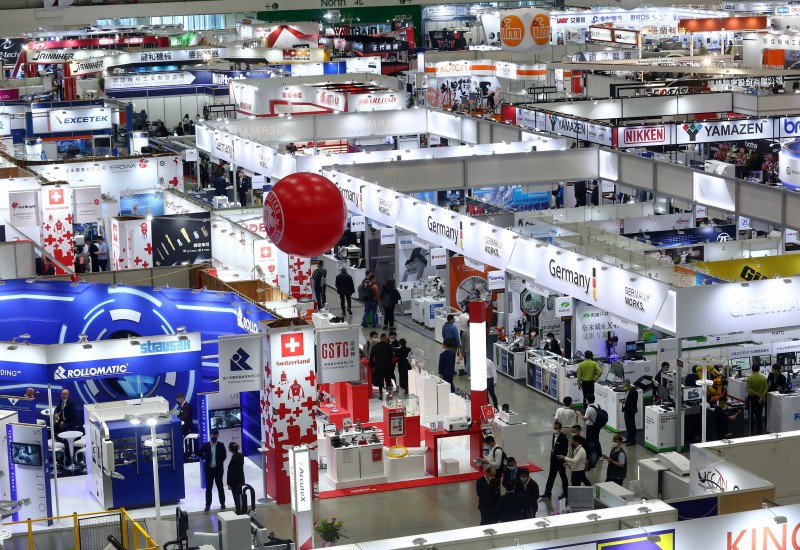

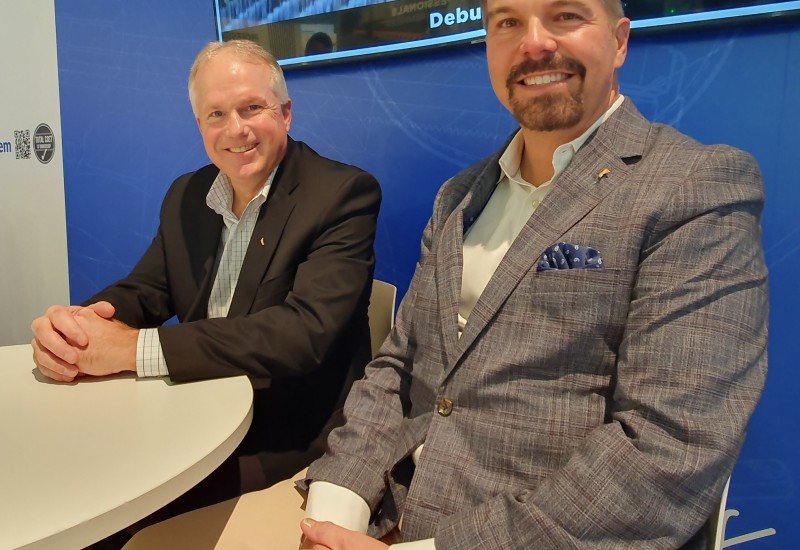


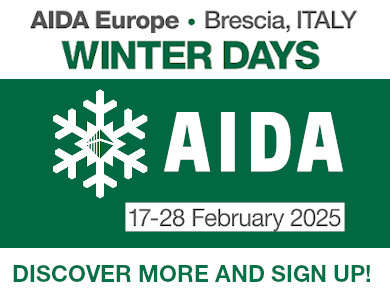


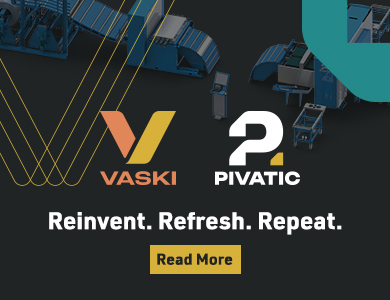

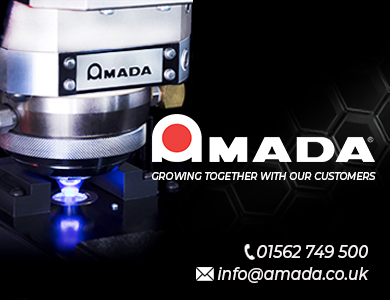
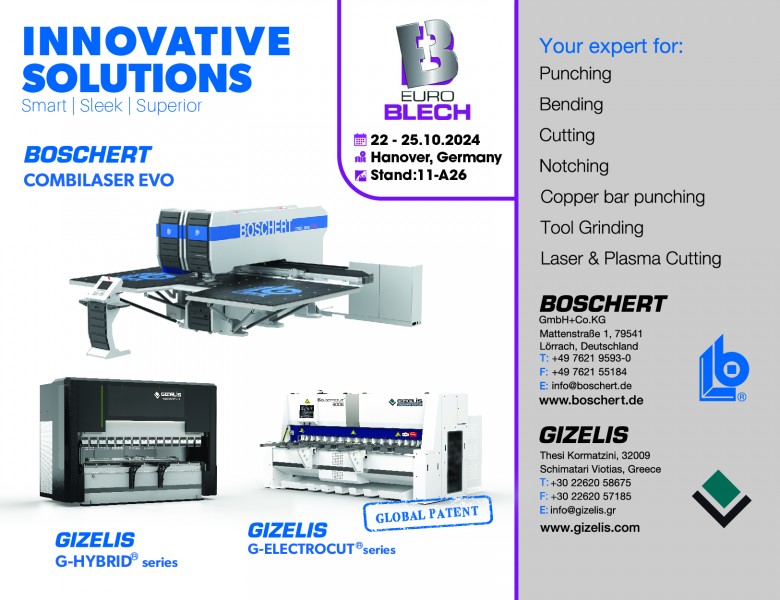
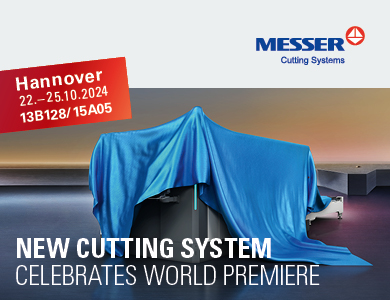

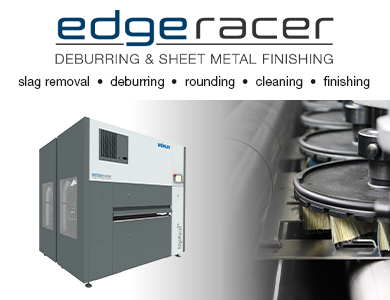


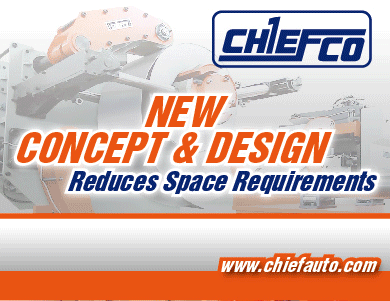
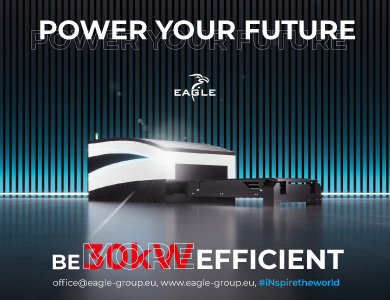
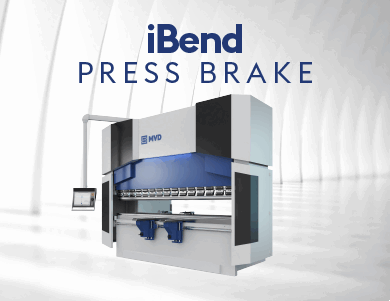

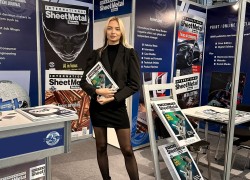
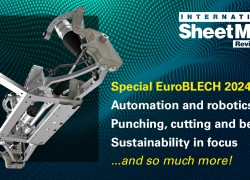
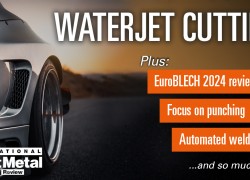

Recent comments